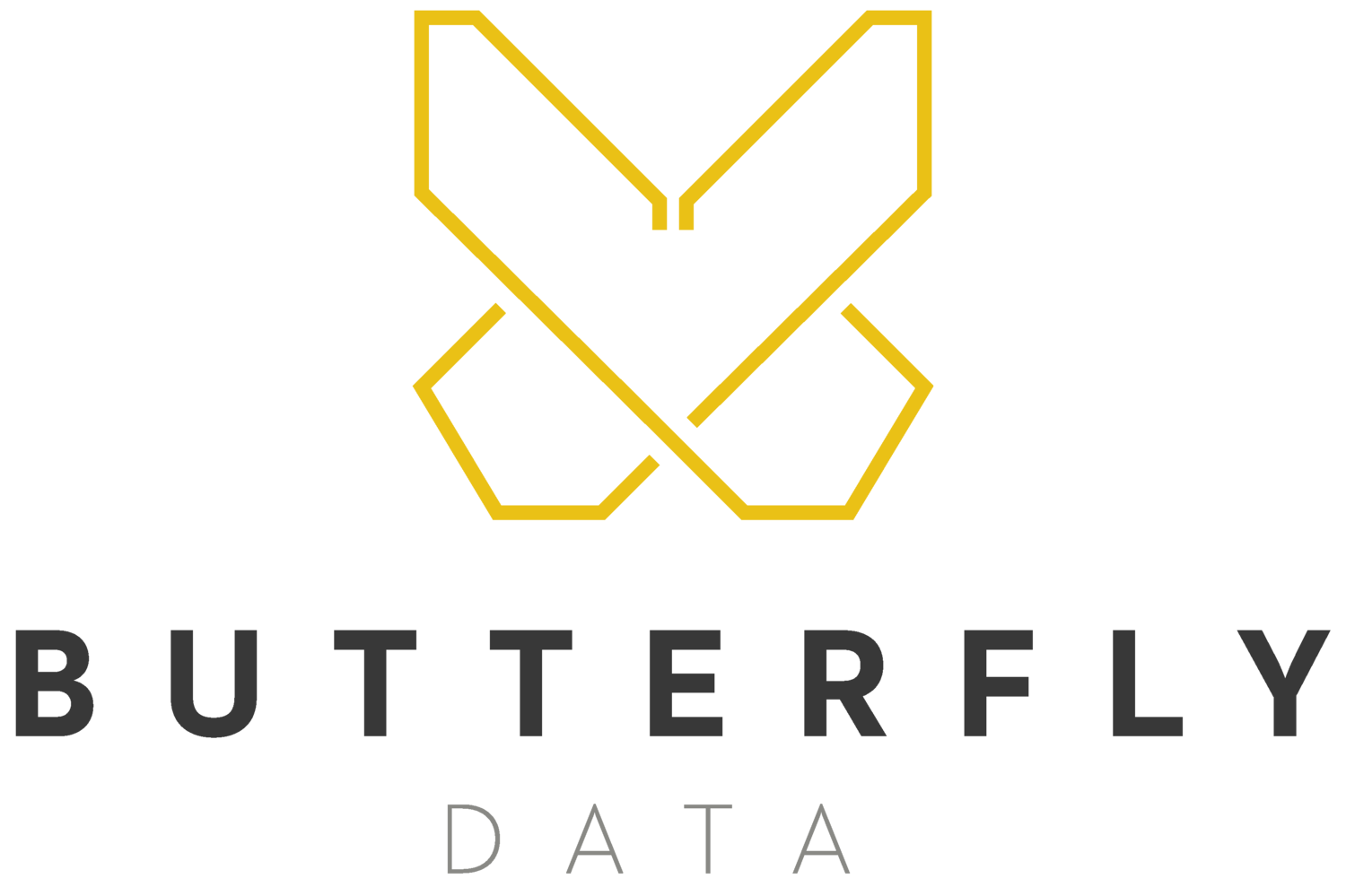My Webinar Experience
Prior to the ongoing context of COVID-19, data and digital transformation was gradually taking effect. At the time a number of companies were dragging their feet on the implementation of digital transformation; some of these companies were just comfortable with the ‘status quo’ of using old legacy systems and applications which were frequently expensive to maintain.
Fast-forward to 2020, where the coronavirus pandemic first began to impact cultures worldwide. This resulted in the global shutdown of most companies' physical working spaces. Companies that were not prepared to embrace digital transformation, were now forced to adapt and adjust to the new norm of working from home which accelerated their implementation of digital transformation.
Butterfly Data has, as a tech company, always embraced the new form of digital transformation which has recently seen a large surge of data in the general cultural sphere because of the drastic shift of consumers embracing digital tools to carry out their day-to-day activities. This consumer behaviour has brought about a positive outcome for the business, our clients, and our partners. It is worth noting that Butterfly Data has always adopted the use of data or digital transformation prior to the global pandemic.
The management of the company encourages us, as analysts and consultants, to always try and find time to attend webinars as a form of learning new trends in the data management space.
In my role as a data analyst, I recently attended a virtual webinar organised by datacamp. I learned a lot which I would like to share. The topic was ‘2022 Data Trends and Predictions’. These were some of the points that were discussed:
MLOps
Responsible AI
Data Mesh
I learned that MLOps (Machine Learning Operations) is a set of practices that combines machine learning, data engineering, and a DevOps skill set. It is a combination of culture, processes, and tooling which helps ensure machine learning models continuously deliver the experience that they were designed to provide. Now, according to a report by Cognilytics it was estimated that the MLOps market will be valued at $126.1 billion by 2025. For reference, some of the notable tooling kits are KubeFlow, Algorithmia & MLflow.
I also learned that responsible AI ensures AI remains fair, interpretable, privacy-preserving, and secure. Big companies like Microsoft and Google have published their AI Code of Ethics and they have implemented practical steps towards such goals. This is vital for keeping the technical growth of AI sustainable and healthily regulated.
Data Mesh is a relatively new concept that I learned from the webinar. This concept according to datacamp was coined by Zhamak Dehghani. So, a data mesh is a data architecture that addresses the limitations of existing data lakes. It also has distributed “data products” – each handled by a cross-functional team of data engineers and product owners. Companies that implement data mesh can benefit from:
1. Higher speed data delivery
2. Stronger data governance
3. Greater business domain agility
Companies like JPMorgan Chase, Zalando, and Intuit have implemented the data mesh architecture.
From my perspective, learning about new technological concepts and new applications is very important for personal development and career advancement and I think that attending webinars that are related to my field of work is also vital to my growth. It is also worth concluding by acknowledging the management of Butterfly Data for always ensuring that we can keep up to date with the latest trends as part of how we work on a day-to-day basis.

